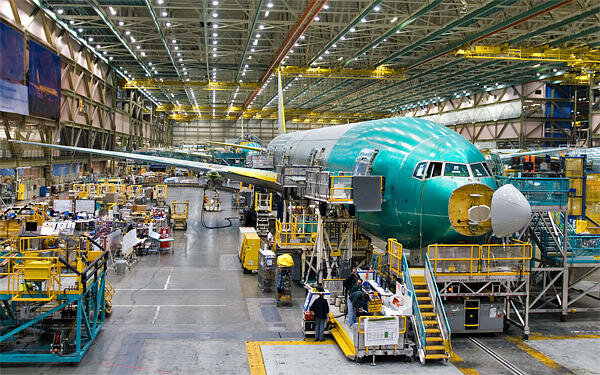Iran launches aviation industry research institute

TEHRAN – Iran’s first research institute of aviation industry has been officially launched, the Iranian Atmospheric Science and Meteorological Research Center (ASMERC)’s office of public relations announced.
The institute has been established by the Transport and Urban Development Ministry in collaboration with the Ministry of Science, Research and Technology, Iran Meteorological Organization, and the Road, Housing and Urban Development Research Center, IRNA reported.
As a subsidiary of the ASMERC, the country’s aviation industry research institute will operate in the form of three research groups including management of knowledge development and technology for designing and construction of commercial aircrafts, management of knowledge development and technology for aircraft Maintenance, Repair, and Overhaul (MRO), and management of knowledge and technology for aviation and airport transportation.
Prior to this, ASMERC had three research institutes namely Meteorology and Atmospheric Sciences institute in Tehran, Climatology and Climate Change institute in Mashhad, and Meteorology and Agriculture institute in Ilam.
ASMERC has been working in 14 different research groups to conduct studies and research related to pure meteorological knowledge and recognition, development and presentation of applied systems.
Having the oldest airline in West Asia and second oldest in Asia, Iran started developing its aviation industry nearly 80 years ago and this industry is still improving in the country.
Developing this industry would have major positive outcomes for the country’s economy; in addition to creating new job opportunities for thousands of people; it will increase the air traffic while creating a capillary network across the country which would impact all other economic areas like industry, agriculture, tourism, trade and etc.
The Iranian Atmospheric Science and Meteorological Research Center was established in 1989 with the aim of meeting the scientific needs of the country in the related areas.
EF/MA
Leave a Comment